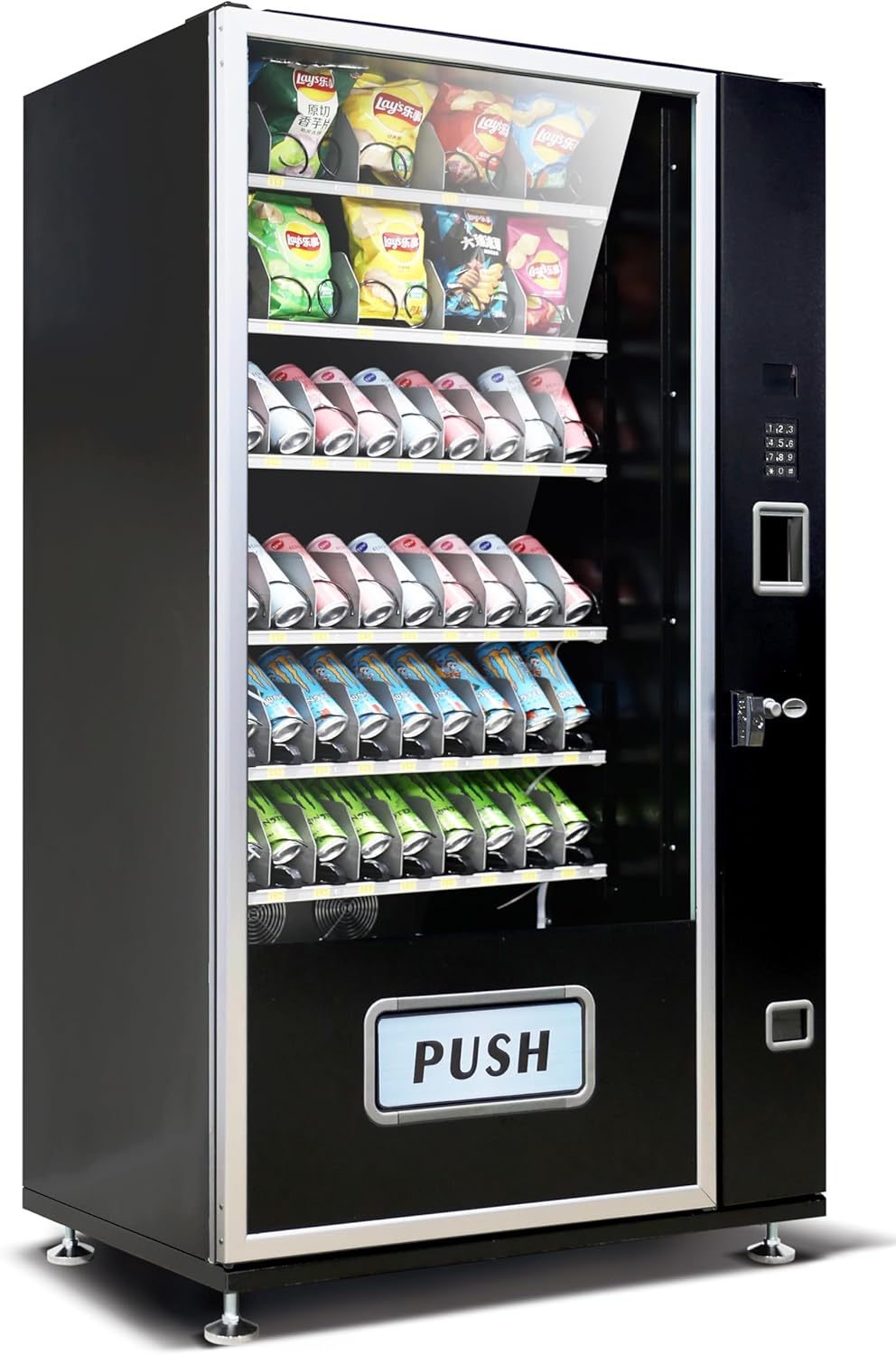Vending machines are a common sight in many countries, offering quick access to snacks, drinks, and even electronics. But how popular are they in Germany? Known for its efficiency and love for automation, Germany presents an interesting case for vending machine adoption. This article explores whether Germans embrace vending machines and what makes them unique in this market.
1. Moderate Popularity with Room for Growth
Unlike Japan (where vending machines are ubiquitous) or the U.S. (where they dominate offices and schools), Germany’s vending machine culture is more niche. They are present but not as widespread as in some other industrialized nations. However, their popularity is steadily growing, especially in high-traffic areas like:
- Train stations & airports (selling drinks, snacks, and travel essentials)
- University campuses (coffee, snacks, and quick meals)
- Office buildings (for employees needing fast refreshments)
2. Germans Prefer Fresh & Local Options
One reason vending machines aren’t as dominant in Germany is the strong cultural preference for fresh, high-quality food. Germans often favor:
- Bakeries (Bäckereien) for fresh bread and pastries
- Supermarkets (like Aldi, Lidl, or Rewe) for affordable groceries
- Coffee shops over machine-brewed coffee
That said, newer vending machines offering freshly baked goods, organic snacks, or regional specialties are gaining traction.
3. Cash vs. Cashless: Payment Preferences Matter
Germany has traditionally been a cash-heavy society, which initially slowed the adoption of cashless vending machines. However, with increasing digitalization, modern machines now support:
✅ Contactless cards
✅ Mobile payments (Apple Pay, Google Pay)
✅ Even QR code payments
This shift is helping vending machines appeal to younger, tech-savvy consumers.
4. Innovative Vending Concepts Emerging
While traditional snack/drink machines are common, Germany is seeing growth in niche vending solutions:
- “Brotomat” (Bread vending machines) – Offering fresh bread 24/7
- Organic & vegan snack machines – Catering to health-conscious buyers
- Pharmacy & hygiene product dispensers – For emergency needs
5. Future Outlook: Smart & Sustainable Machines
As Germany pushes for sustainability and digitalization, future vending machines may feature:
🔹 AI-powered inventory management (reducing waste)
🔹 Eco-friendly packaging (to align with Germany’s green policies)
🔹 More fresh food options (to compete with bakeries and cafes)
Conclusion: A Growing but Selective Market
While vending machines in Germany aren’t as omnipresent as in some Asian countries, they are finding their place—especially with innovations in fresh food, cashless payments, and sustainability. As consumer habits evolve, Germany’s vending machine market is poised for smart growth.
Final Thought: If vending machines in Germany adapt to local tastes (fresh, high-quality, and eco-friendly products), they could become much more popular in the coming years.
Would you like a section comparing Germany to other European countries? 😊
